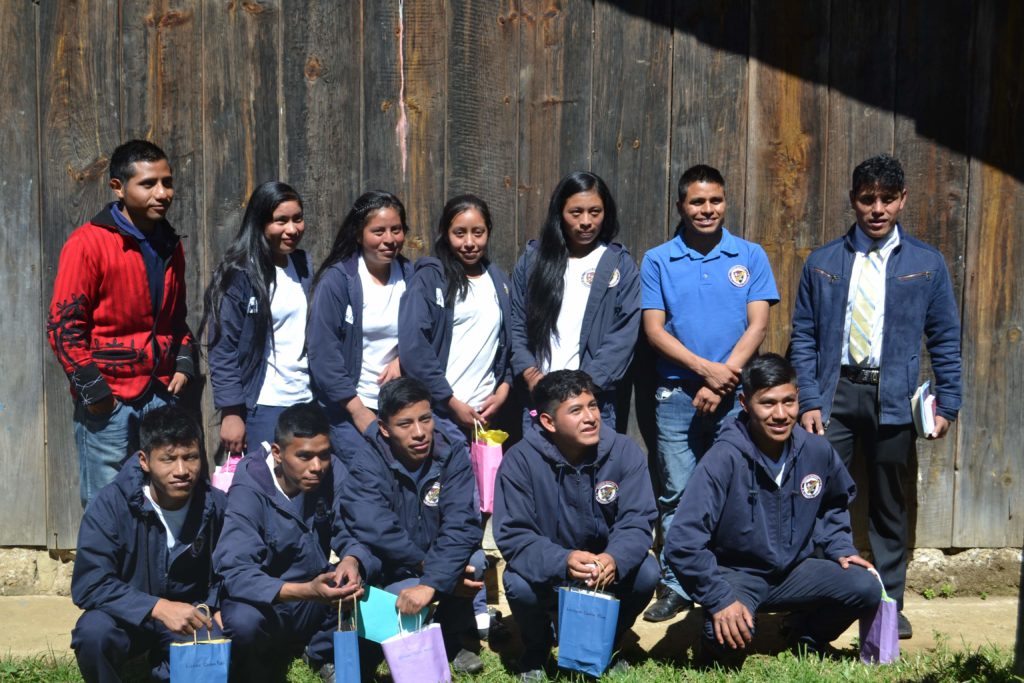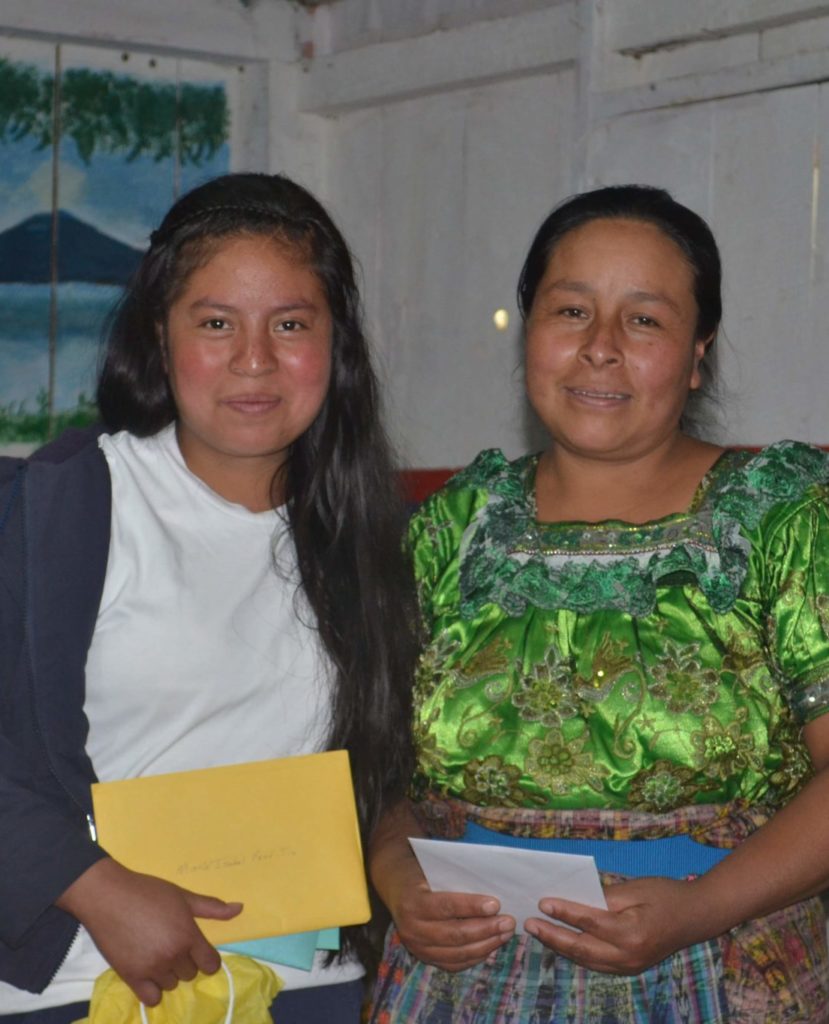
It takes a village to raise a child! This popular proverb, born out of an old African tradition, may sound like an overused phrase, but nevertheless, it is very relevant when it comes to teaching and engaging the Ixil children in their learning. Many recent studies in nearby areas outline the challenges students face in learning and what stands in the way of retention.
Results indicate three groups where improvement can be focused:
- Motivating the students themselves
- Training teachers to identify and address individual learning styles and needs
- Showing parents and families the value of education and engaging them in the learning process
Approximately half of the students in nearby areas report that they have considered dropping out of school. The reasons vary. One of the biggest challenges is poverty. Families wrestle with a lack of finances. Many eke out a living making between $2 and $4 per day and struggle to make ends meet. But that’s not all.

Students report emotional and psychological barriers, such as apathy, boredom, family issues, and fatigue. But one of their biggest challenges, they say, is discouragement.
While Nicolas Christian School cannot address all these problems, we can address some.
Beginning in 2020, Nicolas Christian School will begin using the Progrentis software learning program with students in grades 7 – 11 to improve teaching and learning. Generously funded by an anonymous donor, Progrentis focuses on digital information and literacy skills, rather than course content. Utilizing project learning and group work, Progrentis is aligned with the learning targets for each grade level in Guatemala’s Curriculo Nacional Base.
Progrentis software does a diagnostic analysis of each student and determines the preferred mode of learning for each child. The program is then customized for each student’s preferred learning style. As students proceed through activities, they get immediate feedback. The database allows the teacher to analyze progress student-by-student or skill-by-skill for the whole class.
Our students are our primary target, but we need strong teachers and families supporting them.
“We want our teachers to focus on what students are actually learning – what they can demonstrate that they know and can do; not merely on what is being taught,” says Bill Safstrom, NFE Vice-Chair and academic committee chair.
“With Progrentis, teachers will be able to understand what gaps in knowledge competencies students are experiencing. It will help diagnose learning disabilities so teachers can adapt a student’s program accordingly,” says NFE President and Board Chair Becci Merritt.
“By individualizing learning, we expect our students to be more excited about learning and discover greater success, thus reducing boredom and frustration. It will allow us to clearly track the development of knowledge competencies, giving much-needed data to evaluate our key performance indicators,” she continues.
The third target group – parents and extended family – must also be engaged. They may conceptually understand that education is the key to disrupting poverty in the long-term, but in the short-term, it is a difficult personal decision – one some families cannot afford or see the eventual value of down the road. Nicolas Christian School plans to provide more resources for parents to support their children at home with homework and daily attendance and understand education’s true value to their whole community.
The long-term goal of economic improvement for the Ixil community can be on the horizon if we can achieve the immediate goals of preparing young people to further their education. It is an investment in the future of the Ixil people.
“How wonderful if we can keep kids in school longer so they can learn the necessary skills and knowledge to disrupt the cycle of poverty and lead their communities in achieving a higher standard of living,” adds Becci.
“We want to help our students, parents, and teachers develop a long-term perspective. The time and energy they invest now will bring benefits but the greatest benefit will come in the next generation,” Bill explains.

